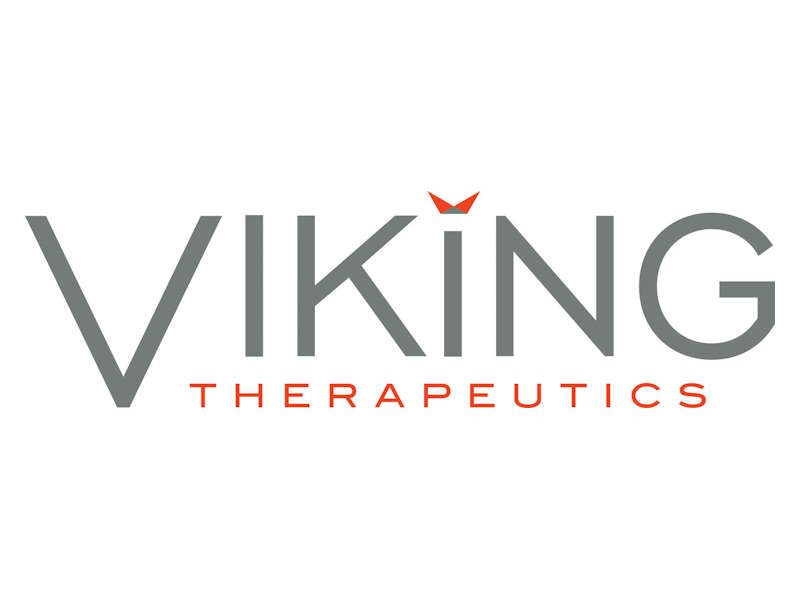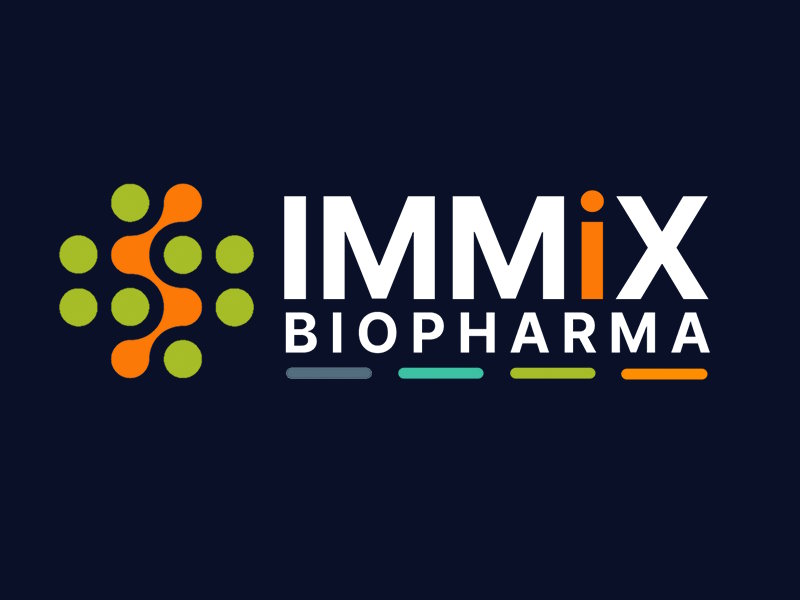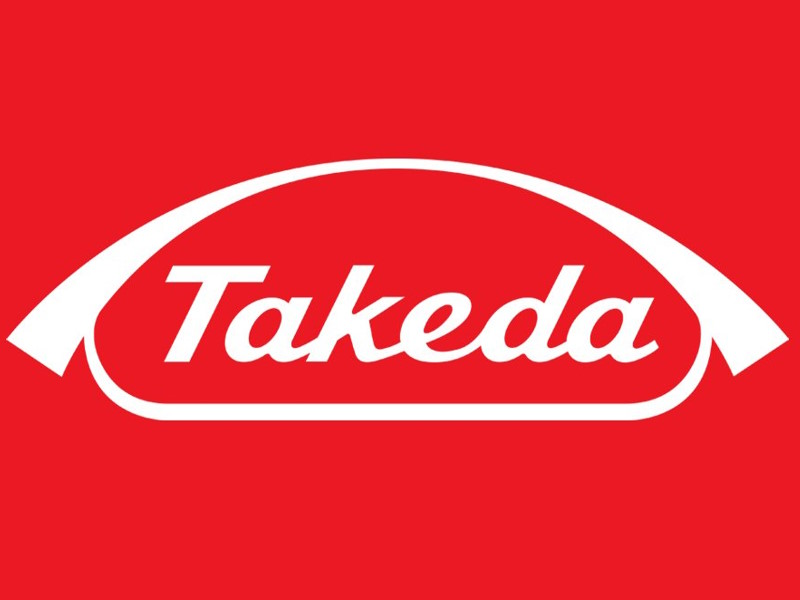Berlin, September 1, 2024 – The FINE-HEART prespecified pooled analysis of the three completed pivotal Phase III clinical trials with finerenone (namely FINEARTS-HF, FIDELIO-DKD, and FIGARO-DKD), showed that the incidence for the primary endpoint of cardiovascular (CV) death was numerically lower in patients treated with finerenone versus placebo, but narrowly missed statistical significance (11% relative risk reduction, HR 0.89 [95% CI, 0.78-1.01; p=0.076]). Importantly, in a prespecified sensitivity analysis for the primary endpoint in FINE-HEART that included both cardiovascular deaths and undetermined deaths, finerenone significantly reduced the risk to develop these events by 12% (relative risk reduction, HR 0.88 [95% CI, 0.79-0.98; p=0.025]). The effects of finerenone on CV death were generally consistent across the 16 subgroups examined in FINE-HEART. Results also indicate significant reductions of finerenone versus placebo of all-cause death as well as CV and kidney outcomes. The overall findings of FINE-HEART suggest cardio-kidney benefits of finerenone across a broad range of high-risk patient populations encompassing cardiovascular, kidney, and metabolic conditions. The FINE-HEART findings were presented today during a Hot Line session at ESC Congress 2024, and simultaneously published in Nature Medicine.
“Given the strong epidemiological overlap and shared mechanistic pathways of cardio-kidney-metabolic conditions, these data are welcome news for clinicians. It is great to see that finerenone addresses fundamental drivers of heart and kidney pathophysiology,” said Muthiah Vaduganathan, MD, MPHD, cardiologist and co-director of the Center for Cardiometabolic Implementation Science at Brigham and Women’s Hospital and faculty at Harvard Medical School. “While the individual Phase III studies with finerenone were not powered to evaluate CV mortality or efficacy in key subgroups, the high number of patients in FINE-HEART allowed us to explore these outcomes, and provided important, encouraging insights for clinicians for the treatment of these multimorbid patients, confirming efficacy is consistent across key subgroups.”
While the primary endpoint CV death did not reach statistical significance, the results of the secondary endpoints in FINE-HEART all suggest benefits of finerenone versus placebo. Most notably, finerenone reduced all-cause mortality by 9% (HR 0.91 [95% CI, 0.84-0.99; p=0.027]); the composite kidney endpoint of time to first onset of kidney failure, sustained ≥50% decrease in eGFR from baseline over ≥4 weeks, or renal death was reduced by 20% with finerenone (HR 0.80 [95% CI, 0.72-0.90; p<0.001]), and the incidence of HF hospitalizations was lowered by 17% (HR 0.83 [95% CI, 0.75-0.92; p<0.001]).
FINE-HEART is the largest analysis of efficacy and safety of finerenone in patients across a broad range of cardio-kidney-metabolic (CKM) conditions. The pooled analysis included around 19,000 patients with heart failure (HF) and/or chronic kidney disease (CKD) and type 2 diabetes (T2D) from the Phase III studies FINEARTS-HF, FIDELIO-DKD, and FIGARO-DKD. The FINE-HEART analysis was designed to explore the effects of finerenone (Kerendia™/Firialta™) on cardiovascular and kidney outcomes in patients with HF and/or CKD and T2D, including patients with a high burden of comorbid conditions – a key characteristic of patients with HF and a left ventricular ejection fraction (LVEF) of ≥40%.
“Heart failure, chronic kidney disease, and type 2 diabetes have shared disease drivers, and FINE-HEART, including around 19,000 patients from three Phase studies, complements and confirms the positive results seen so far with finerenone,” said Dr. Christian Rommel, Head of Research and Development at Bayer’s Pharmaceuticals Division. “These findings are highly relevant for clinicians as they demonstrate that finerenone can improve outcomes in these patients with a high unmet medical need."
Finerenone is a non-steroidal, selective mineralocorticoid receptor (MR) antagonist. By targeting MR / renin-angiotensin-aldosterone system (RAAS) overactivation, finerenone addresses chronic and progressive inflammatory and fibrotic drivers, known to be strongly associated with HF and CKD.
Finerenone was well-tolerated in the FINE-HEART pooled analysis, which is consistent with the well-established safety profile of finerenone.
About FINE-HEART
Since there is a strong epidemiological overlap and shared mechanistic drivers of cardio-kidney-metabolic conditions, the prespecified pooled analysis FINE-HEART was designed to explore the effects of finerenone (Kerendia™ / Firialta™) on cardio-kidney outcomes in patients with heart failure and/or chronic kidney disease and type 2 diabetes, including patients with a high burden of a broad range of cardio-kidney-metabolic conditions. FINE-HEART had increased statistical power to assess CV and all-cause death, alongside other CV and kidney outcomes. Given the unmet need in these patients, the FINE-HEART analysis studied the effect of finerenone use in patients with a high burden of multimorbidity across three completed Phase III studies.
FINE-HEART is a protocol prespecified, participant-level pooled analysis which includes around 19,000 patients with heart failure (HF) and/or chronic kidney disease (CKD) and type 2 diabetes (T2D) from three Phase III studies, namely FINEARTS-HF, FIDELIO-DKD, and FIGARO-DKD. FIDELIO-DKD and FIGARO-DKD trials together randomized around 13,000 patients with CKD and T2D with albuminuria (UACR≥30mg/g) across 48 countries. FINEARTS-HF included around 6,000 patients with symptomatic HF and a LVEF of ≥40%, elevated natriuretic peptides, and evidence of structural heart disease across 37 countries.
Baseline characteristics of FINE-HEART show that the prevalence of cardio-kidney-metabolic (CKM) comorbidities was high with a history of heart failure in 37%, T2D in 81%, and CKD in 84% of patients. Among recruited patients, 10% had one condition (HF), 78% had two conditions (HF and CKD, HF and T2D or CKD and T2D), while 12% presented with all three.
Over a median follow-up in the pooled patient population of 2.9 years, the incidence of CV death was numerically lower in patients treated with finerenone, with a 11% relative risk reduction versus placebo, which narrowly missed statistical significance (HR 0.89 [95% CI, 0.78-1.01; p=0.076]). A prespecified sensitivity analysis for the primary endpoint in FINE-HEART included both cardiovascular deaths and undetermined deaths; here, the relative risk reduction with finerenone was 12% (HR 0.88 [95% CI, 0.79-0.98; p=0.025]). The effects of finerenone on CV death were generally consistent across all 16 subgroups examined in FINE-HEART.
As shown in the secondary endpoints in FINE-HEART, finerenone showed significant reductions for deaths from any cause, CV and kidney events. Secondary endpoints included a kidney composite endpoint including a ≥50% sustained decline in eGFR, heart failure (HF) hospitalization, the composite of CV death or HF hospitalization, new-onset atrial fibrillation, major adverse CV events, all-cause death, all-cause hospitalization, and the composite of all-cause death or all-cause hospitalization. All-cause mortality was significantly reduced with finerenone versus placebo (HR 0.91 [95% CI, 0.84-0.99; p=0.027]); finerenone reduced the risk of the composite kidney endpoint (HR 0.80 [95% CI, 0.72-0.90; p<0.001]), as well as HF hospitalizations (HR 0.83 [95% CI, 0.75-0.92; p<0.001]), the composite of cardiovascular death or HF hospitalization (HR 0.85 [95% CI, 0.78-0.93; p<0.001]), new-onset atrial fibrillation (HR 0.83 [95% CI, 0.71-0.97; p=0.018]), major adverse cardiovascular events (HR 0.95 [95% CI, 0.85-0.98; p=0.010]), hospitalizations of any cause (HR 0.95 [95% CI, 0.91-0.99; p=0.025]), and the composite of all-cause death or all-cause hospitalization (HR 0.94 [95% CI, 0.91-0.98; p=0.007]).
About Kerendia™ / Firialta™ (finerenone)
Kerendia™ and Firialta™ are globally protected trademarks for finerenone. Finerenone is a non-steroidal, selective mineralocorticoid receptor (MR) antagonist that has been shown to block harmful effects of MR overactivation. MR overactivation contributes to chronic kidney disease (CKD) progression and cardiovascular damage which can be driven by metabolic, hemodynamic, or inflammatory and fibrotic factors.
Finerenone is marketed as Kerendia™ or, in some countries, as Firialta™, and approved for the treatment of adult patients with CKD associated with type 2 diabetes (T2D) in more than 90 countries worldwide, including in China, Europe, Japan, and the U.S.
The study program with finerenone, FINEOVATE, currently comprises ten Phase III studies with dedicated programs in HF and CKD respectively. The MOONRAKER program includes FINEARTS-HF, as well as the ongoing collaborative, investigator-sponsored studies REDEFINE-HF, CONFIRMATION-HF, and FINALITY-HF. The THUNDERBALL CKD program consists of the completed studies FIDELIO-DKD and FIGARO-DKD, as well as the ongoing studies FIND-CKD, FIONA, FIONA-OLE, FINE-ONE, and the Phase II study CONFIDENCE.
About Bayer’s Commitment in Cardiovascular and Kidney Diseases
Bayer is an innovation leader in the area of cardiovascular diseases, with a long-standing commitment to delivering science for a better life by advancing a portfolio of innovative treatments. The heart and the kidneys are closely linked in health and disease, and Bayer is working in a wide range of therapeutic areas on new treatment approaches for cardiovascular and kidney diseases with high unmet medical needs. The cardiology franchise at Bayer already includes a number of products and several other compounds in various stages of preclinical and clinical development. Together, these products reflect the company’s approach to research, which prioritizes targets and pathways with the potential to impact the way that cardiovascular diseases are treated.
About Bayer
Bayer is a global enterprise with core competencies in the life science fields of health care and nutrition. In line with its mission, “Health for all, Hunger for none,” the company’s products and services are designed to help people and the planet thrive by supporting efforts to master the major challenges presented by a growing and aging global population. Bayer is committed to driving sustainable development and generating a positive impact with its businesses. At the same time, the Group aims to increase its earning power and create value through innovation and growth. The Bayer brand stands for trust, reliability and quality throughout the world. In fiscal 2023, the Group employed around 100,000 people and had sales of 47.6 billion euros. R&D expenses before special items amounted to 5.8 billion euros. For more information, go to www.bayer.com.
Forward-Looking Statements
This release may contain forward-looking statements based on current assumptions and forecasts made by Bayer management. Various known and unknown risks, uncertainties and other factors could lead to material differences between the actual future results, financial situation, development or performance of the company and the estimates given here. These factors include those discussed in Bayer’s public reports which are available on the Bayer website at www.bayer.com. The company assumes no liability whatsoever to update these forward-looking statements or to conform them to future events or developments.









